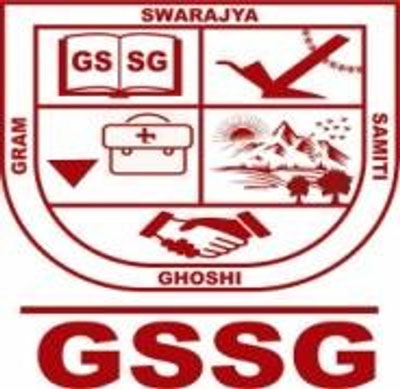Our organization had has been organizing capacity building activities in Health Care, WASH promotion and social issues. Some noteworthy areas in which CB measures had been taken in past is as following:-
| Nature of Participants | Issue |
| ASHA,ANM,Local Medical Practitioners & Anganwadi worker | Communicable Diseases prevention & Control(TB,HIV, Malaria, Kala- azar etc), nutrition & immunization |
| Traditional Birth attendants | Safe delivery, population control, mother & child health care |
| PRI’s members | Communicable Diseases Control(TB, HIV, Malaria, Kala-azar etc) ,Water, sanitation & hygiene, domestic violence, trafficking |
| Police Officials | Children and women protection related laws / Immoral Trafficking prevention act. |
| SHG members | Book keeping, Accounting & water sanitation & hygiene, saving and investment, entrepreneurship development, domestic violence, women & child trafficking, skill development |
| V.W.S.C | Water sanitation & hygiene, repairing and maintenance of hand pumps, water quality testing, water conservation, environmental awareness, safe hand washing |
Research & studies
GSSG contributed different studies on WASH issue in association of VISWASH. Some of key studies in which GSSG supported Viswash is as follows:
Study on Gender Violence
The perspectives in this study are based on publicly available information created on increased violence on women due to lack of sanitation. The attempt is to understand Women’s Stresses and Struggles for Violence Free Sanitation. The findings present a scenario which is well observed in a patriarchal society – i.e Sanitation is a gendered issue. Social or cultural norms prevent girls and women from using the same sanitation facilities as male relatives, for instance the father-in-law, or prohibit the use of household facilities on the days women and girls menstruate. Menstruating women and girls are stigmatized in many cultures, they are perceived as dirty, impure and polluting. Due to the low priority of menstrual hygiene from policy-making to decision on household budgets, many girls and women face very practical difficulties in managing their menstruation.
An assessment of commitment exhibited by various political establishment towards realization of universal Sanitation services in Bihar
Using Political Context Analysis as a tool to map the nuances of the political organisation before marching on to the next phase of advocacy to various political parties would be an appropriate strategy.
To conclude with, the environmental sanitation still remains an ignored issue in political establishment. In rural areas, local government institutions in charge of operating and maintaining the infrastructure are seen as weak and lack the financial resources to carry out their functions. The situation of environmental sanitation is changing with a very slow pace. It requires concentrated and sustained efforts to raise the level of environmental sanitation in the country and especially rural areas, so as India will able to achieve Millennium Development Goal (MDG) of “Environmental Sustainability” in near future.
